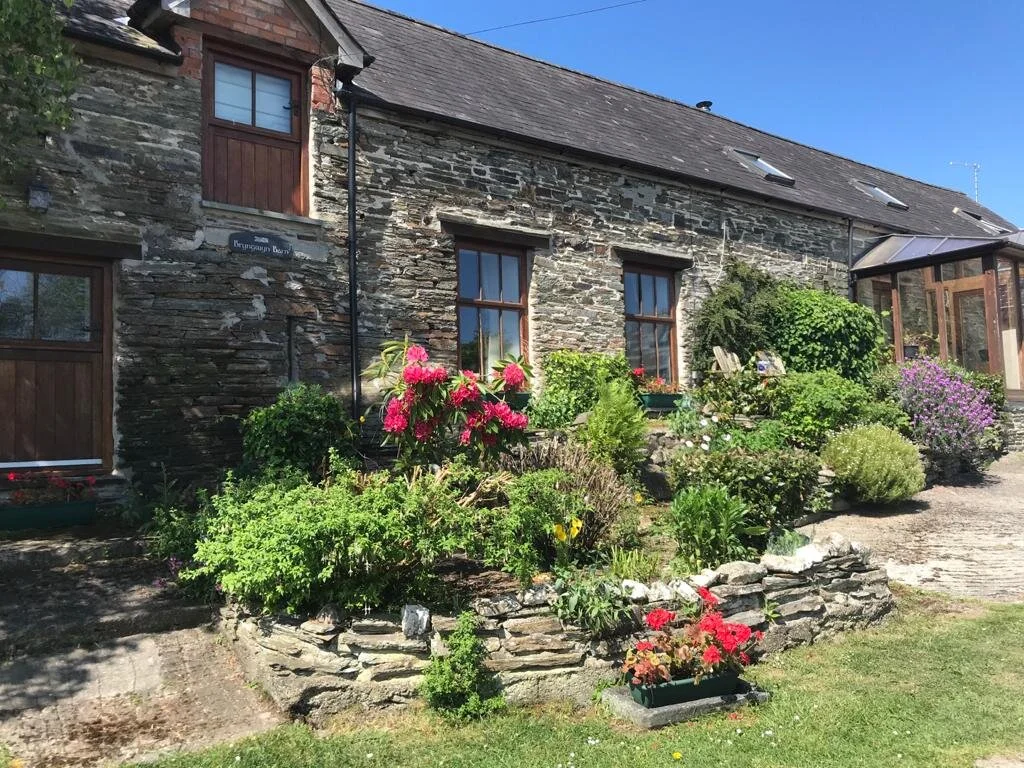Usually at this time of year, the area in which Jane Davidson lives – on the margins of Ceredigion and Pembrokeshire – is brimming with visitors. But it is of course quieter right now, granting residents less-disturbed contact with “all the fantastic countryside and nature”. On her website, her husband Guy documents the produce they grow. I point out they’ve acres to do it with, not meaning to sound bitter towards the former minister for environment, sustainability and housing in Wales. “We have,” she says, “although we leave most of it alone.” This year, with the land they do use, they’re growing roughly 100 different kinds of fruit and veg. She’s always maintained you don’t need a profusion of plot to grow your own, an acre more than enough to feed those under her (solar panelled) roof.
With announcements about the easing of lockdown measures in England due later that day, she’s “delighted” the Welsh government are acting more cautiously. “Wales has kept a different public health model to England,” she resumes, a daughter of doctors, saying whereas the latter have public health doctors sitting in local government, the former appoints them directors of its health boards – “a really important distinction in the context of being able to successfully manage the outcomes [of epidemics and pandemics].”
We also speak the day after many people gathered on Oxford High Street, beneath Oriel College’s statue of imperialist Cecil Rhodes, calling for the monument’s removal. Her book, #futuregen: Lessons from a Small Country covers her upbringing in Rhodesia – named after Rhodes – about which she writes:
Three incidents over a period of years penetrated my idyll enough to start me seeing the worm in my Eden, the racism underpinning the right-wing Rhodesian Front government after the United Declaration of Independence from the U.K. in 1965.
Statues denote a moment in time, says the pro vice-chancellor emeritus at University of Wales Trinity Saint David, “and that moment in time is normally where the rich and powerful have decided to erect a standard-bearer for their values. So erecting a standard-bearer for the values of racism has to be totally unacceptable now, the time for removing symbols of racism and imperialism is now.”
Southern Rhodesia is now Zimbabwe, to which she’s yet to return. “I want to,” she says. “I’ve always promised my children we would go back on a significant birthday.” She doesn’t like to fly due to the emissions, “but I don’t want to outlaw love miles. So I will take my family and relive my childhood with them, because none of them have seen where I was brought up, where my values were created, where I fell in love with nature. We will plant the requisite amount of trees,” she adds, by way of addressing the journey’s emissions – the importance of understanding how our actions impact the planet one of the “simple messages” in #futuregen, which also explains how the Well-being of Future Generations (Wales) Act 2015 came to be.
